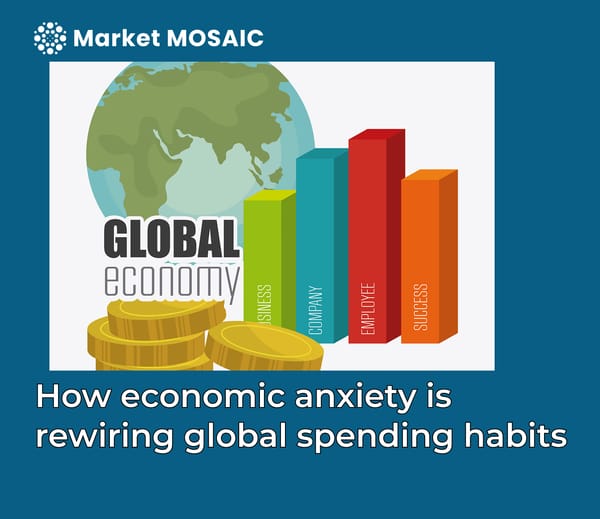Using Market Intelligence to Anticipate Disruption in Retail

Seismic changes are disrupting the retail landscape. While daunting, leaders can leverage market intelligence to foresee threats and uncover strategic opportunities. The future belongs to firms that face disruption head-on.
Pinpoint Emerging Competitors
As purchasing shifts online, agile digital competitors are stealing share. Firms should continuously analyse web traffic, search data, and digital ad spend patterns by retailer. Sudden gains by new entrants signal potential threats.
Identifying disruptive newcomers early provides time to counter competitive advances or acquire capabilities through strategic partnerships.
Foresee Shifts in Consumer Behavior
Leading indicators in survey data, search trends, and consumption habits can reveal changes in consumer preferences before they reach mainstream.
For example, analyzing survey attitudes and browsing patterns allowed some retailers to anticipate the growth of eco-conscious shoppers. Those who adapted fast to the sustainability trend forged lasting brand advantage.
Ongoing intelligence helps retailers get ahead of emerging consumer tribes and adjust offerings accordingly.
Model Disruptive Business Models
Ecommerce giants have redefined retail through moves like digital subscriptions and anticipatory shipping. Forward-looking firms can leverage consumer data and predictive modeling to foresee which new business models could gain traction.
Scenario analysis also stress-tests strategies against potential disruption. Retailers who war-game and simulate threats are ready to pivot ahead of the curve.
Turn Insight to Action
Spotting disruption is step one, but acting decisively on intelligence is critical. Retailers who embed insights across strategy, innovation, operations and culture consistently adapt ahead of market turbulence.
Change can arrive unexpectedly, but data-driven firms have the agility to respond resiliently. By combining market intelligence with the will to act, retailers can transform disruption into sustained advantage.




